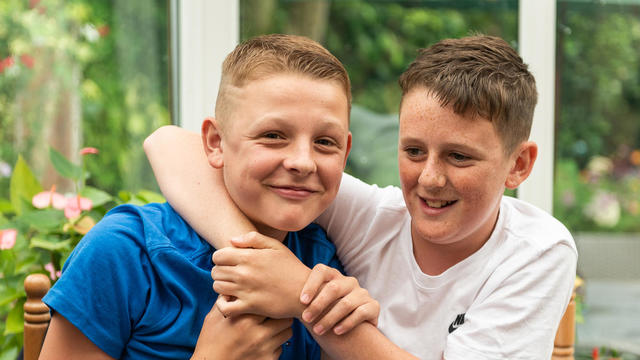Zero Discrimination Day: an opportunity to talk about the discrimination that children with SEND face

Today (1 March) is Zero Discrimination Day: an opportunity to talk about the discrimination that children with SEND (special educational needs and disabilities) face.
The ‘Big Ask’ survey published by the Children’s Commissioner, showed that bullying and discrimination were amongst the challenges faced by children with SEND (Children's Commissioner, 2023)
What does the law say?
The Equality Act 2010 protects individuals from discrimination based on protected characteristics, which includes the protected characteristic of disability.
It is unlawful for schools to discriminate against pupils because of their disability (Citizens Advice).
Also, the education provider must make reasonable adjustments before pupils are placed at a substantial disadvantage (SEN Legal).
The Children and Families Act 2014 sets out specific duties on schools about identifying and supporting all children with special educational needs, whether or not they have an Education, Health and Care Plan.
‘Your say on SEND’ survey
Between May and July 2022, we sought to better understand a range of views around the SEND Green Paper. We created a ‘Your Say on SEND’ survey for parents and carers of children and received 90 responses.
62% of the parents and carers we surveyed said their child had experienced discrimination by a school.
Some parent and carers told us:
"My child ended up withdrawing from school because the discrimination and bullying caused severe mental health issues."
"So many little things are not “reasonable” adjustments due to the schools' policies which have left my son at a disadvantage."
"Struggled in a mainstream setting and some of the teachers labelled my son as a problem. They did not have the knowledge and skills to provide the support he needed. He had several exclusions which were very disruptive and demoralising for him."
"Recorded as unauthorised absences when it wasn’t true, he has hidden disabilities that have been dismissed by schools as they aren’t trained."
"Mainstream could not effectively support my child’s needs due to a lack of funding or facilities."
"The school refused to accept the autism diagnosis and continued to blame my child for meltdowns (threatened with sanctions, accused of truancy, etc). Rather than putting accommodations in place, they labelled her as EBD."
‘What comes after education’ survey
Together Trust and National Star are currently undertaking a research project to hear from those affected throughout the transition process.
We have developed two surveys to hear directly from disabled young people and their families about their experiences as they leave education.
So far, parents and carers shared why their children left education:
"There were no further educational opportunities open to them.They were expelled and left without any education for three years."
"My son couldn't cope with college and the change of rooms/buildings/teachers."
"I removed my daughter from education at the age of 11 as the system failed to meet her needs. She has been home-schooled since. There appear to very little options available if she chooses to go on to further education."
No more discrimination!
In the ‘Big Ask’ survey, children said that they wanted to receive high-quality care locally and quickly; to be free from harassment and discrimination and to experience smooth transitions that prepared them for adulthood.
While we agree that standards need to be raised in mainstream schools, and therefore welcome the government’s focus on improving this provision, many parents and carers have told us that their child benefitted enormously from attending a specialist school.
Ultimately, the decision about schooling must be person-centred and underpinned by the best interests of the child and family, not financial pressure or the absence of the right provision.
Have your say!
The surveys on ‘What comes after education’ will run until 16 March 2024. Your input is valuable and your opinions matter!
- The survey for students is designed to be user-friendly, allowing responses in both written and verbal formats. You can access it here.
- The parents and carers survey can be accessed here.
The survey findings will be shared with the government and other organisations with the long-term ambition of improving the way that young people are supported into adulthood.
You can keep up with our updates via our website or by signing up to our campaign emails.





